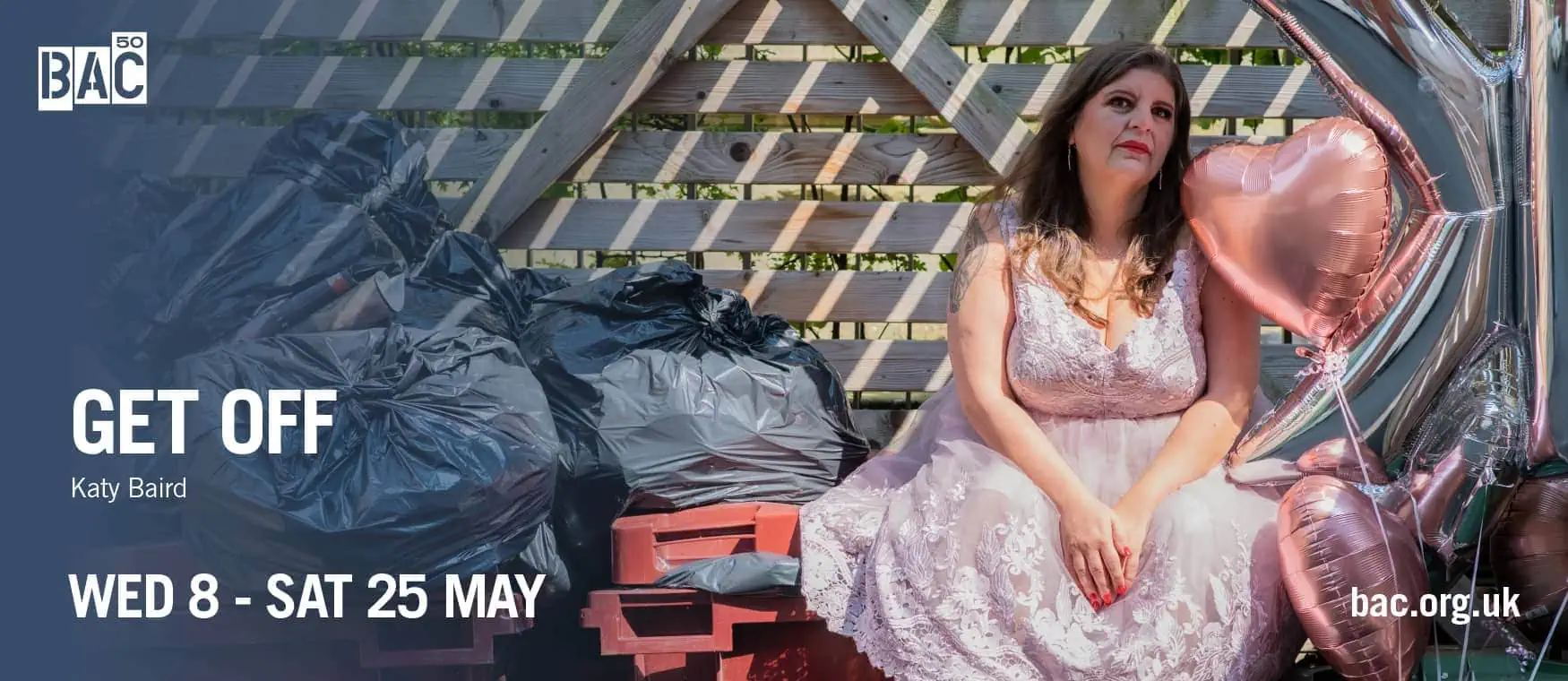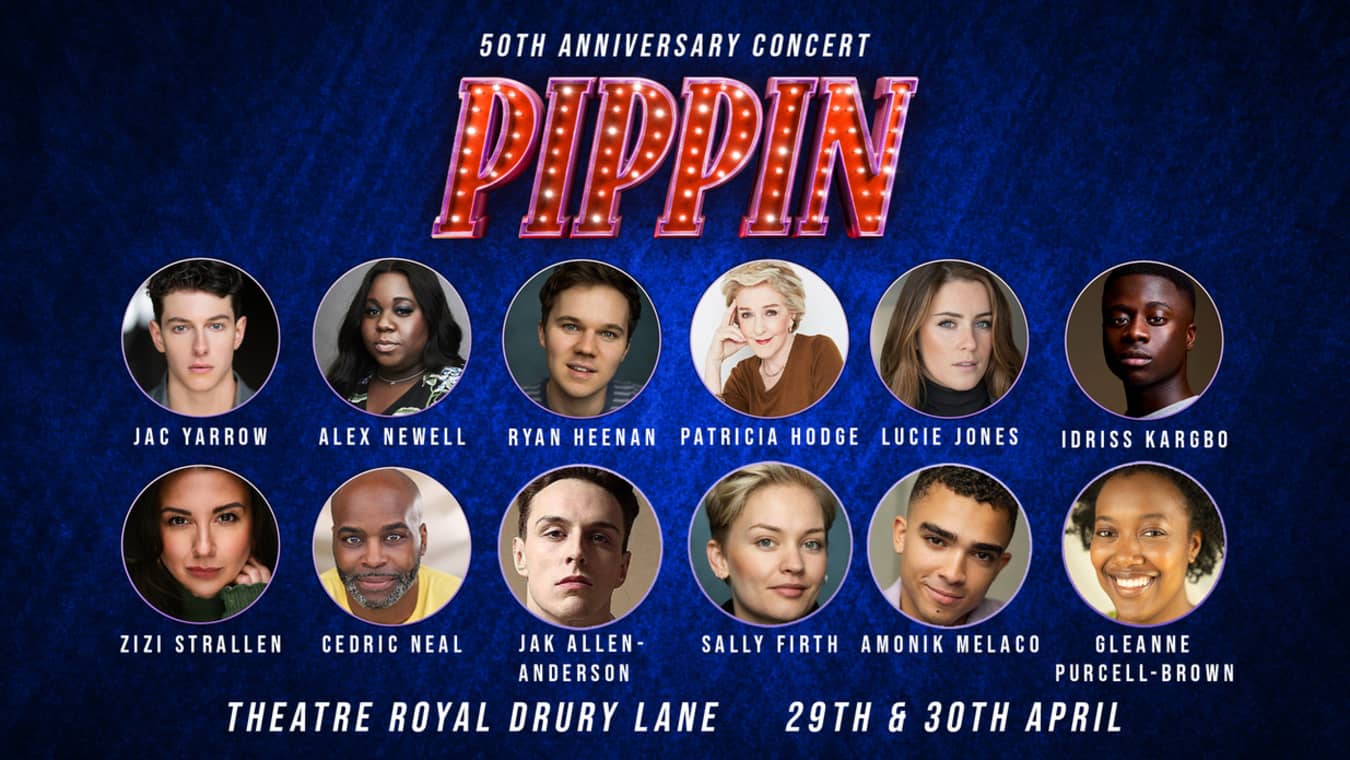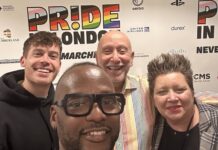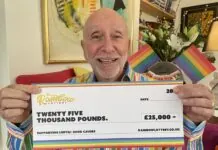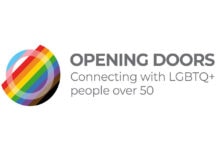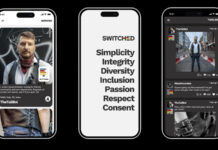Patrick Cash traces the evolution of ‘our’ word from its initial 12th century origins to its current umbrella meaning of homosexuality, and the more recent depressing, development of ‘gay’ as an abusive term…
Gay, as a word, is likely to be an intrinsic term in most readers’ vocabularies. Its use has developed throughout the twentieth century to become a general description of, and reference to, all aspects of modern homosexual culture in the Western world
The phrase ‘I am gay’ can, even now, still be the most intimidating three words for a young man to have to say to his family; not many people are going to come out spurting ‘I am homosexual’ at the dinner table.
But the word ‘gay’ itself has a long and interesting history through the English language. Thought to have arrived in the widespread English vernacular in the 12th century from the Old French language, presumably brought in by Norman the Conqueror’s 1066 invasion.
According to the Online Etymology Dictionary, its initial meaning as recorded c.1400 was ‘excellent person, noble lady, gallant knight’, a phrase that it would not be completely surprising to hear modern Soho-ites referring to themselves as in the present day. It could also be used to refer to ‘something gay or bright; an ornament or badge’ (self-made puns upon modern gay cultural dress sense here should be emailed in to QX Towers).
As most people know gay swiftly came to mainly mean ‘happy’, or as the Oxford English Dictionary states ‘[dated] light-hearted and carefree’, which it goes so far as to illustrate with an endearing example: ‘Nan had a gay disposition and a very pretty face’.
However, as early as 1630s there were suggestions of immorality wrapped up in the word; its meaning of ‘carefree’ used as a euphemism implying ‘uninhibited by moral constraints’. A gay man in these days may be a philanderer (of women), a gay woman a prostitute and a gay house a brothel
It is thought that the shift of gay to mean ‘homosexual’ resulted from these sexualised connotations.
To be carefree and uninhibited also meant that you weren’t tied down by society’s conventions which, evidently, gay people were assumed to be outside of, with all their Pope-defying sodomy and so on. [Ann Widdecombe can tell you all about this – Ed.]
Yet it took a long time for this eventual shift to come about with one of the first recorded uses of ‘gay’ to refer to a male homosexual in official documentation coming in the infamous Cleveland Street Scandal of 1889 where a brothel of male prostitutes, with a selection of very famous Victorian clients, was discovered and shut down.
In court one of the youths is stated to have used ‘gay’ as a term to describe male homosexuality and those who dabbled in it. [Read the full story online at qxmagazine.kinsta.cloud/feature/nightmare-on-cleveland-street/]
‘Gay’ was perfect to describe what many would also call ‘an artistic young boy’.
The widespread public connotation of ‘gay’ as meaning homosexual was not felt by the general populace until the 1950s at least. It undoubtedly developed in this sense from the illegality of homosexuality in countries such as the UK and the USA, where subtle allusions were necessary to be employed rather than accusing somebody of what was a crime at the time. Gay, with its hints of immorality and flamboyant showiness, was perfect to describe what many would also call ‘an artistic young boy’.
Fast forward to today and it’s one of the most used terms in the world. But rather than just meaning ‘homosexual’ any more, it is more than often used by young people, particularly teenagers, to describe something as bad. Some people argue that this isn’t connected to its meaning of homosexual.
They, it would seem, are idiots. When Chris Moyles, a DJ who I often found quite funny, got into trouble for using the word ‘gay’ on air in 2006, I don’t think he was being deliberately homophobic. But, the real trouble is, that homophobia is innate in the word’s use in this context. Perhaps we’ll seem like awful pedants if we start asking our straight friends to stop using the word ‘gay’ like this. But already in dictionaries its entry is reading as ‘1. homosexual, 2. pejorative’. And that is not something to be gay about.

